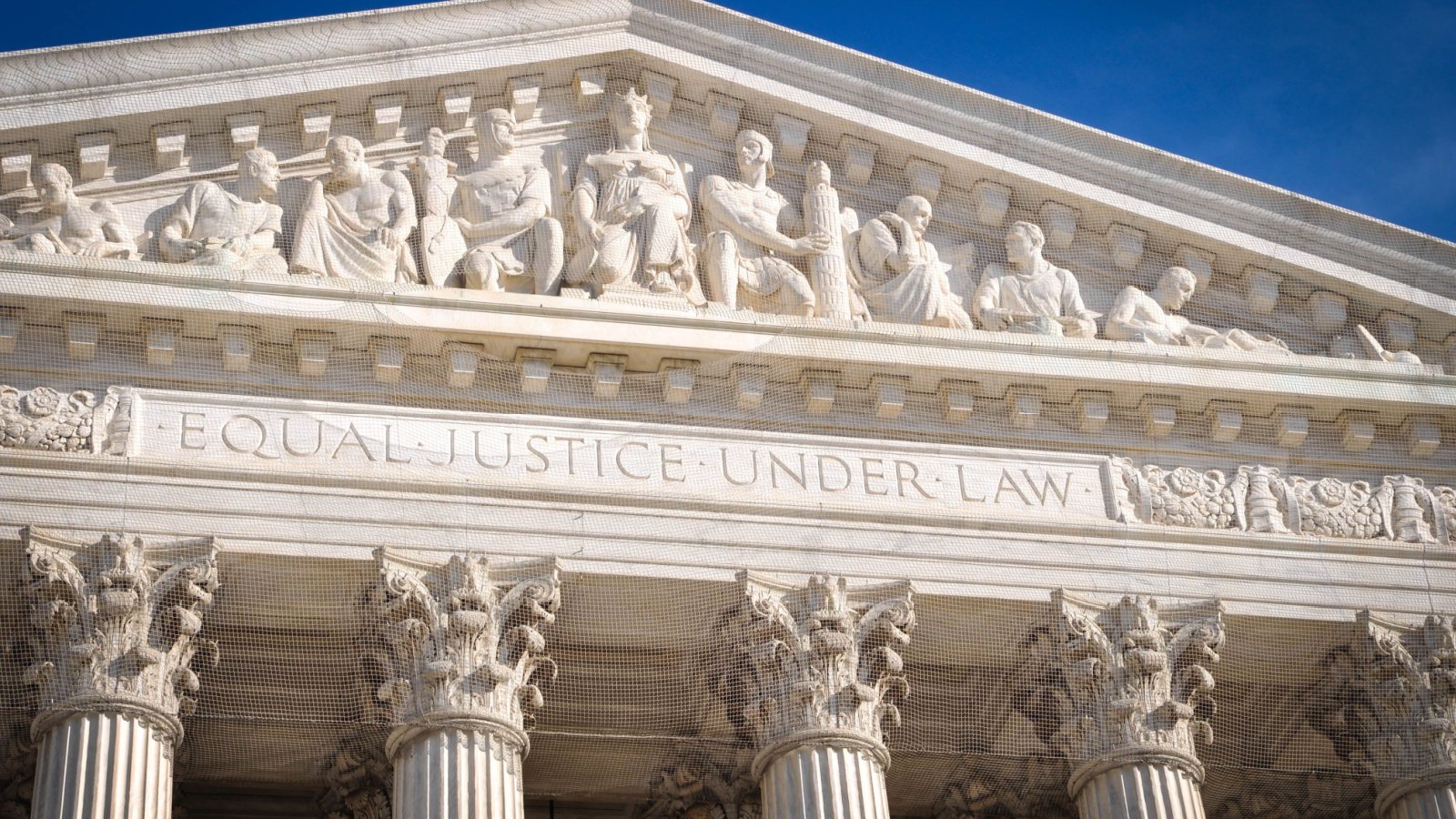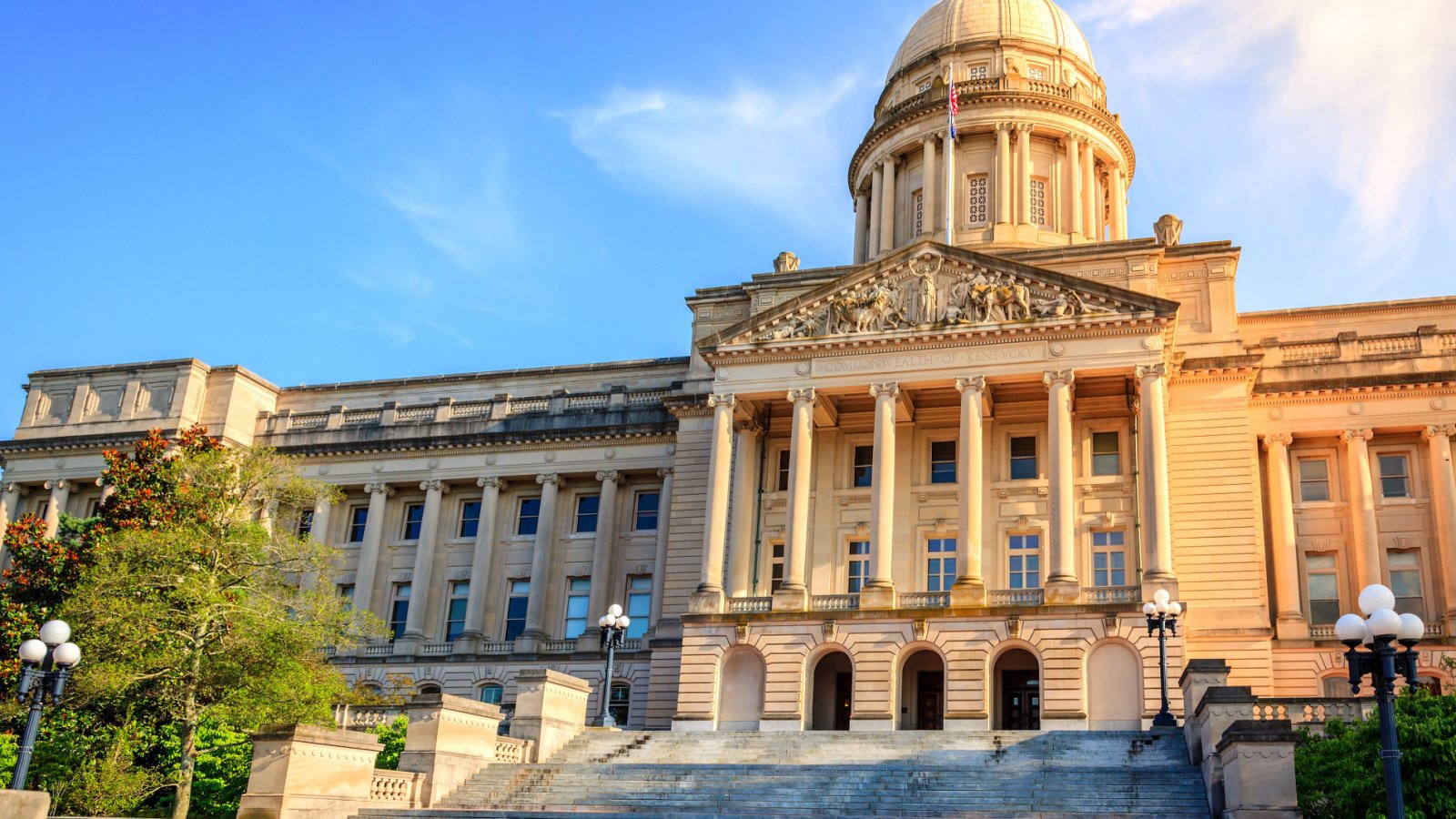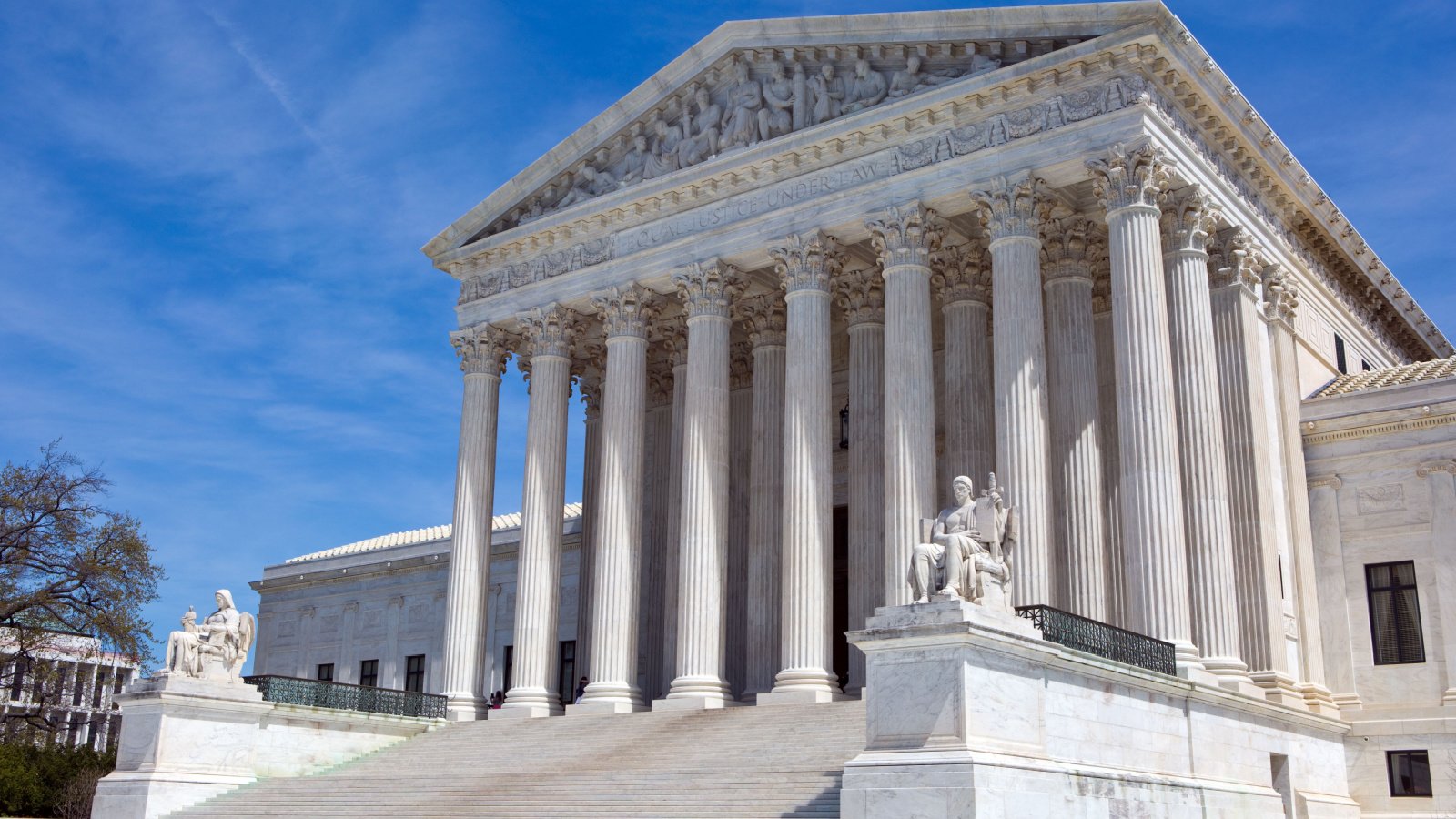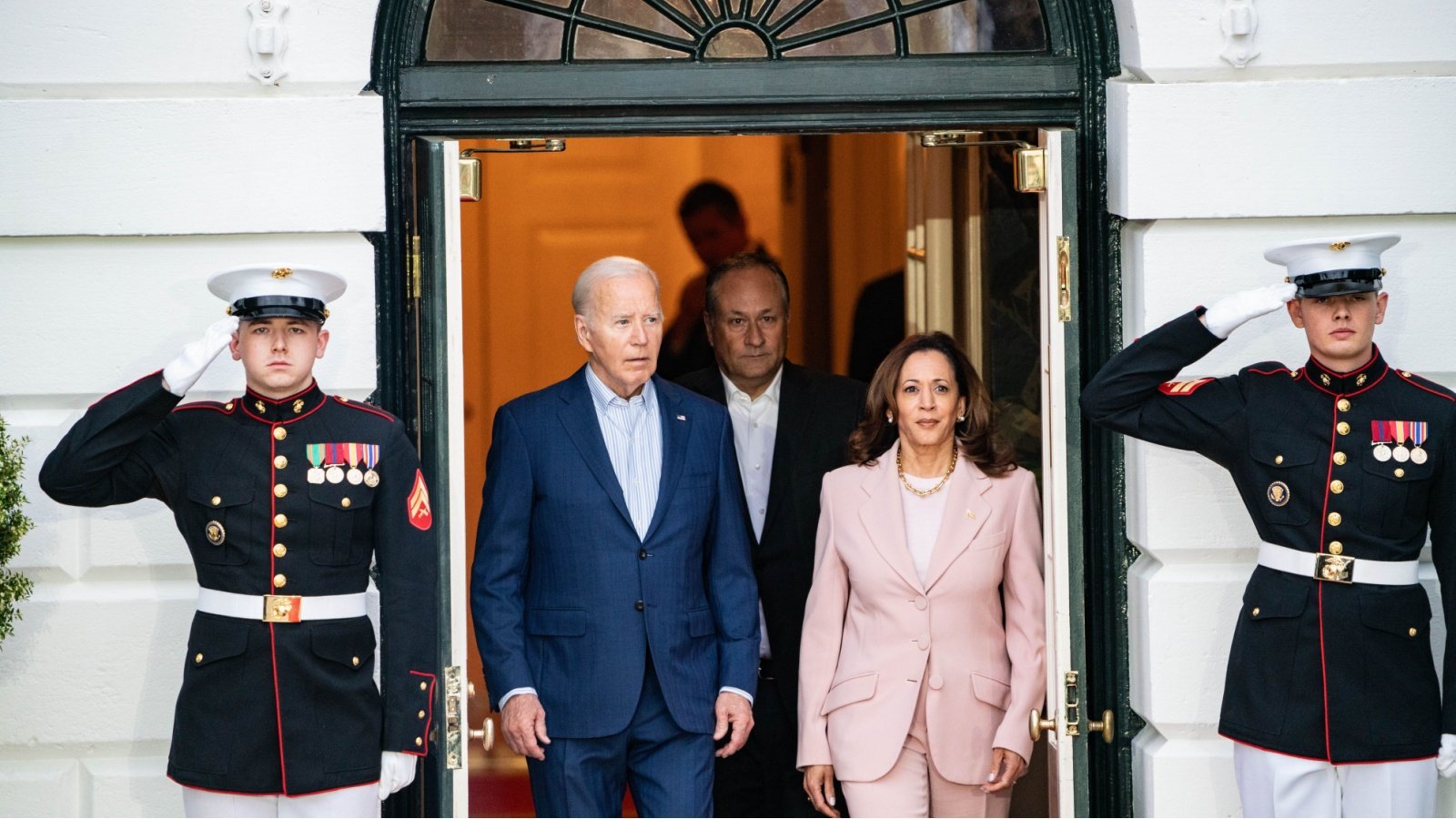The culture war standoff between red state governors and the Biden Administration is reaching a fever pitch over the Administration’s new Title IX rule, which several red states refuse to implement. This week, the Department of Justice (DOJ) asked the U.S. Supreme Court to make an emergency ruling to reinstate the new rules where lower court injunctions blocked them.
Education Department’s Title IX Changes

The Education Department revealed sweeping changes to Title IX in April. Title IX is a federal civil rights law intended to prevent sex discrimination in schools that receive federal funds.
Expanded Protection Status

The changes introduced by the Biden administration expanded the protection status to include sexual orientation and gender identity for the first time.
Republican Opposition

Republicans came out in force against the expanded definitions in the new Title IX regulations, claiming that the new definitions will water down the protections explicitly intended to protect women and girls, who Republicans agree are still in need of the protections afforded by the Title IX law.
Lawsuits from Republican States

In response to the Education Department regulatory changes, many Republican state lawmakers initiated multiple lawsuits disputing the new rules.
Federal Judges’ Rulings

In three of the resulting lawsuits, federal judges took the side of the red states, halting the implementation of the Administration’s rule as the lawsuits undergo the judicial process.
Blocking of Title IX Regulations

This decision blocked the new Title IX regulations in 15 states.
Impact on Specific Schools

In addition to being blocked in the 15 states, the regulations are also halted in any school where a child of a member of Moms for Liberty or a member of Young America’s Foundation attends. These are conservative activist groups for adults and youth, respectively.
Implementation Timeline

In all other states and territories, the rules go into effect on August 1, prompting the DOJ to petition the Supreme Court to override the judicial stay on their implementation in the 15 states and in schools affected by students affiliated with the two political organizations.
U.S. Solicitor General’s Request

Specifically, U.S. Solicitor General Elizabeth Prelogar asked the Supreme Court to narrow the reach of the district court injunctions in ten states, including Idaho, Indiana, Kentucky, Louisiana, Mississippi, Montana, Ohio, Tennessee, Virginia, and West Virginia.
Prelogar’s Argument

Prelogar argued that the injunctions should be limited only to the regulation’s expanded definition to include gender identity discrimination, which is the chief complaint of the red states in the related lawsuits.
Provisions for Pregnant and Parenting Students

Prelogar added that the provision that the Red states oppose also increases protections for pregnant and parenting students. The provision will also address how schools address claims of sexual harassment.
Limited Provisions Challenge

According to Prelogar, the states have not challenged the new Title IX rules on all the aspects the Department of Education sought to address but only on limited provisions within the changes.
Discrete Provisions of the Rule

She argued, “They object to three discrete provisions of the Rule related to discrimination against transgender individuals.”
Concerns over Bathroom and Locker Room Policies

States opposed to the new rule have pointed out that the provisions in question could ultimately lead to the requirement that schools allow students to determine based on their gender expression which bathrooms and locker rooms they want to use.
This would prevent the maintenance of state law or school board policy requiring usage based on sex at birth or the use of a bathroom and changing room that accommodates only one person of either sex.








